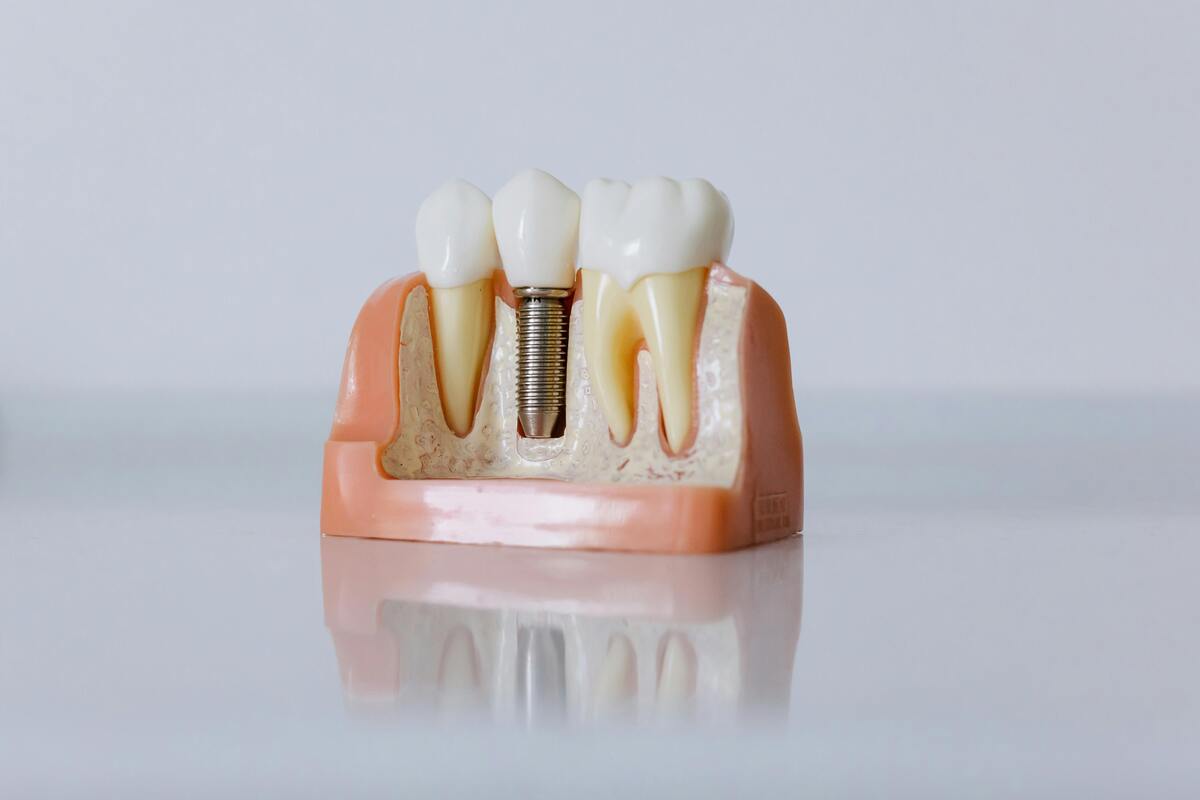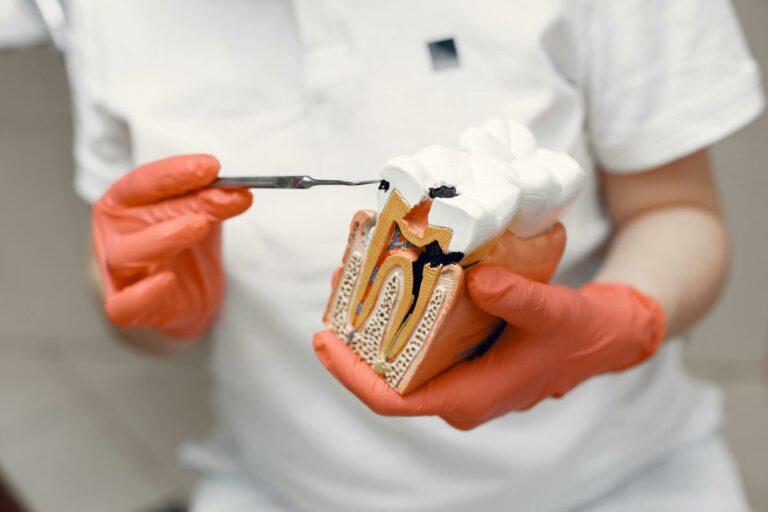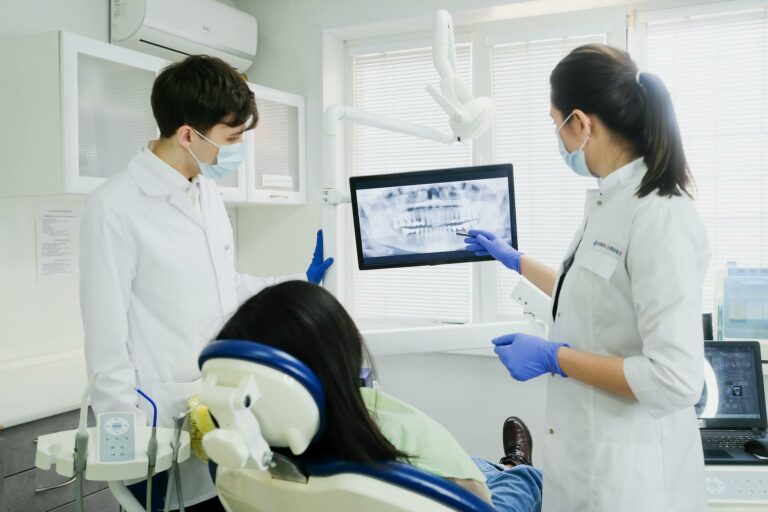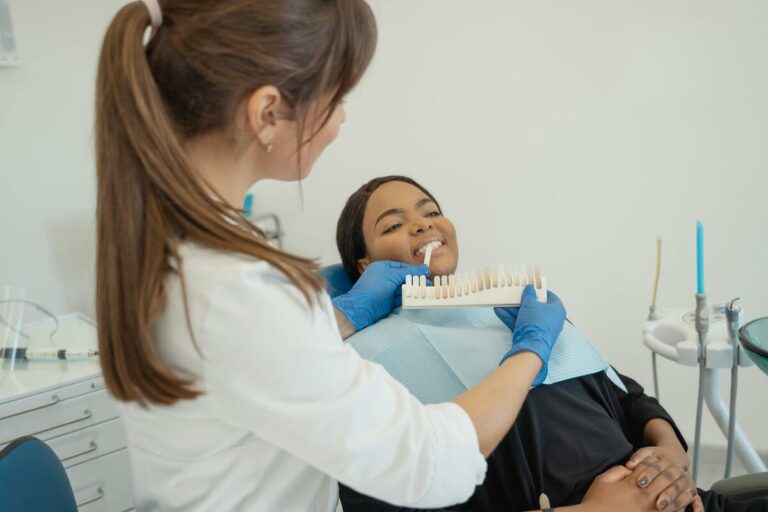Affordable Dental Implants in Newark: Understanding Costs and Payment Options
Affordable dental implants in Newark present a viable solution for restoring dental health, but understanding the intricate cost structures and diverse payment options is crucial for patients. The expense of implants can be influenced by material quality, surgeon expertise, and clinic reputation. Financing plans, including interest-free and monthly payment structures, offer financial relief. Exploring these aspects guarantees that individuals can access quality care within their budget, prompting further exploration of available resources and providers.
What Are Dental Implants and How Do They Work?
Dental implants are sophisticated medical devices that serve as artificial tooth roots, providing a stable foundation for fixed or removable replacement teeth. These devices come in various dental implant types, including endosteal and subperiosteal implants, each tailored to specific anatomical needs. Endosteal implants, typically shaped like screws, are the most common and are directly inserted into the jawbone. The implant procedure steps begin with a thorough evaluation, including radiographic imaging to assess bone structure. Following this, a surgical procedure is performed to place the implant into the bone. Over time, osseointegration occurs, where the implant fuses with the bone, ensuring stability. Finally, once healing is complete, an abutment and prosthetic tooth are attached, restoring functionality and aesthetics.
Benefits of Choosing Dental Implants
Dental implants serve as a long-lasting tooth replacement solution, offering unparalleled durability compared to traditional dentures or bridges. Clinically, they contribute to improved oral health by preserving jawbone density and maintaining the structural integrity of adjacent teeth. Patients opting for dental implants can expect a restoration that not only enhances functionality but also supports overall oral wellness.
Long-Lasting Tooth Replacement
When considering options for tooth replacement, it’s important to recognize the long-term advantages dental implants offer over traditional alternatives. Dental implants are renowned for their long-term durability, often lasting a lifetime with proper care. This prosthetic solution involves surgical placement of titanium posts into the jawbone, providing a stable foundation akin to natural tooth roots. The biocompatible nature of titanium guarantees successful osseointegration, contributing to the implant’s resilience. Routine implant maintenance, including regular dental check-ups and proper oral hygiene, is essential for preserving their longevity. Unlike dentures, implants do not require periodic adjustments or replacements, minimizing ongoing costs and inconvenience. Consequently, for patients seeking a reliable and enduring tooth replacement, dental implants present a compelling clinical choice.
Improved Oral Health
Opting for dental implants markedly enhances oral health by preserving the integrity of the jawbone and surrounding teeth. The secure anchorage of implants imitates natural tooth roots, preventing bone resorption and maintaining jawbone density. This preservation is vital in supporting adjacent teeth, thereby mitigating the risk of shifting or misalignment. In addition, dental implants facilitate improved oral hygiene as they do not impede brushing or flossing, unlike traditional bridges or dentures. Consequently, patients experience enhanced gum health, as implants eliminate the gaps that can harbor bacteria, reducing periodontal disease risk. The biocompatibility of implant materials guarantees minimal adverse reactions, promoting a healthier oral environment. As a result, dental implants provide a thorough solution, bolstering long-term oral health outcomes for patients.
Factors Influencing the Cost of Dental Implants
The cost of dental implants is influenced by a myriad of factors, each contributing to the final expenditure a patient might incur. Material quality is a primary determinant; high-grade materials like titanium or zirconia, renowned for their durability and biocompatibility, generally elevate the cost. Additionally, the surgeon’s experience plays a pivotal role. A clinician with extensive expertise in implantology and a history of successful procedures may command higher fees, reflecting their proficiency and the likelihood of positive outcomes. Further, pre-operative assessments, diagnostic imaging, and any requisite auxiliary treatments, such as bone grafting, accumulate additional costs. The clinical setting, whether a private practice or specialized dental center, also impacts pricing structures, further complicating the financial landscape for patients seeking affordable dental implants.
Comparing Dental Implant Costs in Newark
How do dental implant costs vary across Newark, and what should patients consider? Dental implant expenses in Newark exhibit significant discrepancies. Factors such as clinic reputation, geographical location, and material quality contribute to these variations. When comparing local clinics, patients should scrutinize the itemized cost breakdowns, which typically include consultation fees, imaging, surgical procedures, and prosthetic components. Implant price variations may also arise from differences in practitioner expertise and technology employed. Patients are encouraged to evaluate the long-term benefits against initial costs, as implants offer durability and improved oral function. Conducting a thorough assessment of patient reviews, clinic accreditation, and treatment success rates is essential. An informed comparison guarantees both financial prudence and ideal clinical outcomes for individuals seeking dental implants.
Exploring Payment Plans for Dental Implants
In the sphere of dental implant affordability, examining flexible financing options is essential for patients seeking budgetary relief. Many dental practices collaborate with third-party financing companies to offer structured payment plans that accommodate various financial situations. Additionally, understanding insurance coverage nuances is important, as policies may vary widely regarding inclusivity and reimbursement for implant procedures.
Flexible Financing Options
Many patients considering dental implants often face financial concerns, making flexible financing options a critical component of their decision-making process. Dental practices in Newark offer various flexible repayment plans designed to accommodate diverse financial situations. These plans often include interest-free financing, enabling patients to manage the cost of dental implants without accruing additional debt. By spreading payments over an extended period, patients can achieve ideal oral health outcomes without immediate financial strain. Clinics collaborate with third-party financing companies to provide tailored solutions, ensuring accessibility to advanced dental procedures. Professionals emphasize transparency in communicating terms and conditions, empowering patients to make informed decisions. Such strategic financial planning underscores the importance of patient-centered care, facilitating access to essential dental implant services.
Insurance Coverage Insights
Surprisingly, insurance coverage for dental implants remains a complex landscape that requires careful navigation. Various insurance types, such as dental, health, or supplemental plans, may offer different levels of support for implant procedures. Patients often find that standard dental insurance plans provide limited coverage for implants, focusing instead on routine care. Coverage limits can vary greatly, requiring individuals to examine policy details meticulously. Health insurance may contribute if implants are deemed medically necessary. However, the ambiguity in classification often leaves patients confronting out-of-pocket expenses. To optimize benefits, patients should consult with dental professionals and insurance representatives to assess potential reimbursement. Understanding specific policy terms can equip patients with essential insights to maximize available coverage while managing financial obligations effectively.
Dental Insurance and Coverage for Implants
When evaluating options for dental implants, how does one navigate the complexities of insurance coverage? Understanding dental plan coverage is essential, as many policies classify implants as elective procedures, thereby affecting reimbursement eligibility. Patients must scrutinize their insurance limitations since these often dictate the extent of financial support available for implant procedures. Coverage discrepancies are common; while some plans may partially cover diagnostic evaluations and surgical placement, others may exclude implants entirely. It is imperative for patients to consult with their insurance provider to ascertain specific benefits and out-of-pocket responsibilities. A thorough understanding of dental plan coverage and potential insurance limitations enables patients to make informed decisions regarding implant treatments, ultimately impacting the affordability and accessibility of dental care in Newark.
Low-Cost Dental Clinics and Programs in Newark
Maneuvering insurance coverage can be challenging, and even with extensive plans, patients in Newark may still face financial barriers to obtaining dental implants. Low-cost dental clinics and programs play a vital role in bridging this gap. These facilities, often part of broader community health initiatives, provide essential dental assistance to underserved populations. By focusing on affordability, they offer reduced rates for implant procedures while maintaining quality care standards. Programs are typically funded through government grants, non-profit organizations, and local health departments, ensuring access to necessary dental services. Additionally, these clinics may offer sliding scale fees based on income, enhancing accessibility for economically disadvantaged individuals. Such community-driven efforts are essential for improving oral health outcomes and ensuring all residents can pursue dental restorations.
Financing Options for Dental Implant Procedures
How can patients effectively manage the cost of dental implant procedures? Patients seeking dental implants may explore various financing options to alleviate financial burdens. Interest free financing plans are particularly advantageous, allowing patients to distribute costs over time without accruing additional charges. Such plans often involve structured monthly payments, providing a predictable financial commitment. Additionally, credit card options offer an alternative method for managing expenses related to dental implants. Patients may benefit from credit cards with low-interest rates or promotional periods offering no interest, thereby enabling a more manageable repayment process. It is crucial for patients to evaluate these financial instruments carefully, considering the terms and conditions, to guarantee they align with their budgetary constraints and treatment timelines.
Tips for Finding Affordable Dental Implant Providers in Newark
While financing options can mitigate the expense of dental implants, locating affordable providers remains a critical consideration for patients in Newark. Conducting thorough research is imperative. Patients should seek providers offering affordable consultations, which can markedly reduce initial costs. These consultations allow patients to discuss treatment plans and receive cost estimates without incurring substantial fees. Additionally, inquiring about local discounts or promotions is advisable, as some Newark-based dental practices may offer reduced rates for specific procedures or new patient incentives. Evaluating the credentials and experience of potential providers is equally important, ensuring high-quality care without compromising affordability. Utilizing online patient reviews and recommendations can further assist in identifying reputable, cost-effective dental implant providers within the Newark area.
Frequently Asked Questions
Are Dental Implants Safe for Individuals With Underlying Health Conditions?
Dental implants can be safe for patients with underlying conditions, provided a thorough dental health evaluation is conducted. Clinical considerations involve evaluating systemic factors and collaborating with healthcare providers to guarantee ideal outcomes and mitigate potential risks.
How Long Does the Dental Implant Procedure Typically Take?
The dental implant procedure duration varies, typically requiring one to two hours per implant. Implant healing then extends over several months, allowing osseointegration, which is essential for achieving long-term stability and function in patients.
Can I Eat Normally With Dental Implants?
Patients with dental implants can generally resume normal eating habits after the healing period. Implant adjustments may initially be necessary to guarantee proper occlusion and comfort, allowing the patient to enjoy diverse foods without complications.
What Is the Success Rate of Dental Implants?
The success rate of dental implants exceeds 95%, influenced by factors like bone quality, surgical expertise, and patient compliance. Proper care guarantees implant longevity, with clinical studies highlighting the importance of routine maintenance and regular dental evaluations.
How Do I Care for My Dental Implants Post-Surgery?
Post-surgery, patients should prioritize implant maintenance by adhering to rigorous oral hygiene protocols. This includes brushing with a soft-bristle toothbrush, flossing around implants, and using antibacterial mouthwash to prevent peri-implantitis and guarantee long-term implant success.
